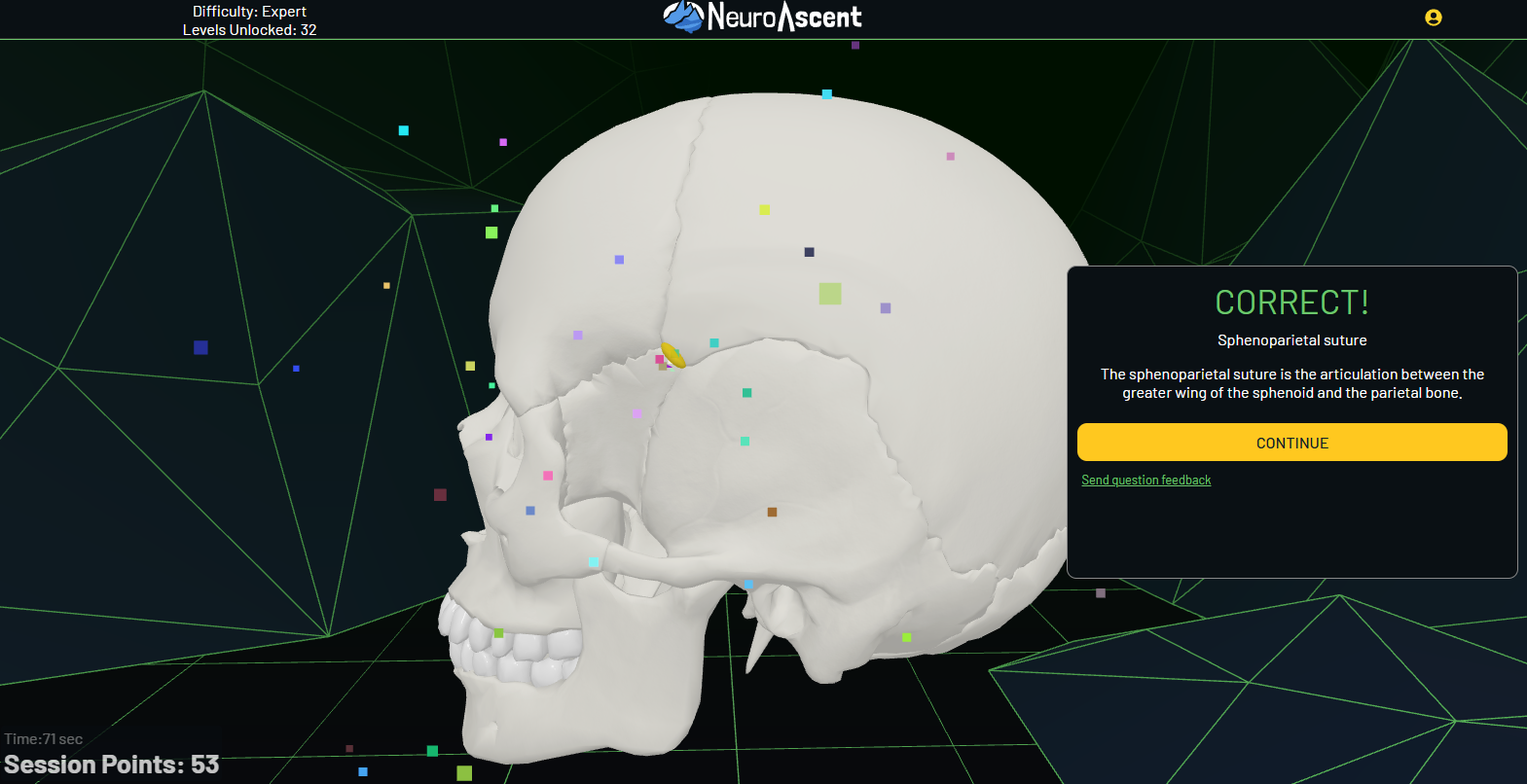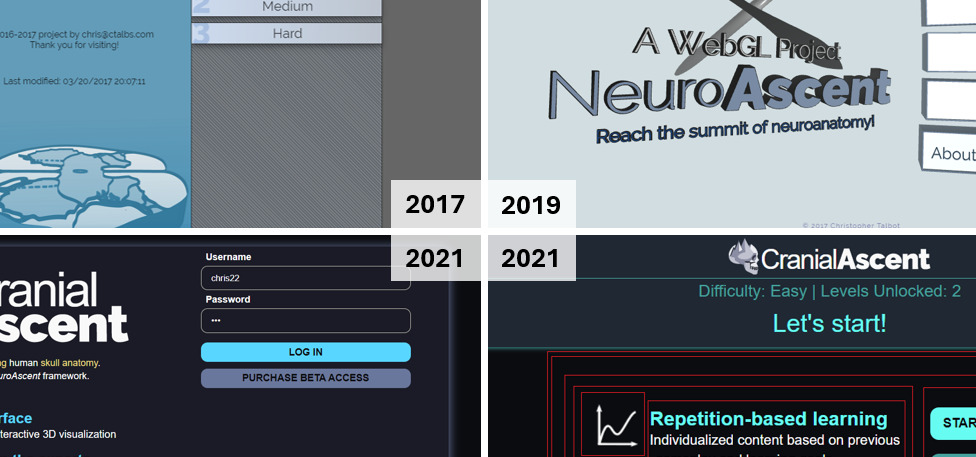In healthcare today, one of the most pressing challenges we are facing is in the neurology. This encompasses a range of disorders affecting the brain, spinal cord, and nerves, presenting significant hurdles for patients, caregivers, and healthcare systems worldwide.
Neurological disorders, such as Alzheimer’s disease, Parkinson’s disease, epilepsy, and stroke, among others, are becoming increasingly prevalent. These conditions often bring about profound disruptions to individuals’ lives, impacting their ability to think, move, communicate, and function independently. As our population ages and diagnostic capabilities improve, the prevalence of these disorders continues to rise, placing a growing strain on healthcare resources and infrastructure.
The consequences of the Neurological Healthcare Crisis extend beyond the individual level, affecting families, communities, and society as a whole. Families may struggle to provide care and support for loved ones with neurological conditions, facing emotional, financial, and logistical challenges along the way. Communities also wrestle with the social and economic burdens associated with caring for individuals with neurological disorders, while healthcare systems strain to meet the evolving needs of patients in an ever-changing landscape.
Addressing the Neurological Healthcare Crisis requires a concerted effort from policymakers, healthcare professionals, researchers, and the broader community to improve prevention, diagnosis, treatment, and support services for individuals affected by these conditions. By raising awareness, fostering collaboration, and advocating for change, we can work towards a future where neurological disorders are better understood, effectively managed, and ultimately, prevented.
Current State of Neurological Healthcare
Neurological healthcare is facing a formidable challenge on the global stage, with the World Health Organization (WHO) estimating an escalating burden on public health. These conditions, ranging from Alzheimer’s to strokes, collectively cast a shadow over millions of lives, demanding urgent attention.
According to the WHO, neurological disorders contribute significantly to the global burden of disease. With conditions like epilepsy, migraine, and Alzheimer’s on the rise, the impact is far-reaching. The burden isn’t just about the number of cases; it’s about the profound disruptions these disorders cause in people’s daily lives. Cognitive functions, mobility, and overall well-being are all under siege, affecting not only individuals but also straining healthcare systems worldwide.
In the United States, the shortage of neurologists compounds the challenges posed by neurological disorders. As the demand for neurological care grows, the supply of specialists is falling short. This scarcity translates into longer wait times for appointments, delayed diagnoses, and increased pressure on the existing neurologists. Patients, especially in underserved areas, may find access to specialized care particularly challenging, exacerbating the already complex landscape of neurological healthcare.
Sadly, this shortage isn’t just about numbers; it’s about the quality of care that patients receive. Limited resources mean less time for each patient, potentially compromising the personalized attention required for neurological conditions. Addressing this scarcity involves not only increasing the number of neurologists but also considering innovative models of care delivery to optimize the available expertise.
Within the realm of neurology, a concerning gender gap persists, with fewer women entering the field. This disparity is not only about representation but also impacts the diversity of perspectives in addressing neurological healthcare challenges. Efforts to encourage and support women in pursuing neurology as a career are crucial for fostering a more inclusive and well-rounded approach to patient care and research.
Furthermore, burnout among neurologists is a prevalent issue. The demanding nature of the specialty, coupled with the shortage of practitioners, puts a strain on those dedicated to neurological healthcare. Overworked neurologists may find it challenging to maintain the quality of care, impacting both patient outcomes and their own well-being. Addressing burnout involves systemic changes, such as workload management, support structures, and prioritizing mental health within the profession.
The current state of neurological healthcare is marked by a global burden, a shortage of specialists, and challenges related to gender diversity and burnout among neurologists. Recognizing these issues is the first step toward developing comprehensive strategies that prioritize both patient and practitioner well-being in the face of the Neurological Healthcare Crisis.
Specific Diseases and their Impact on Neurological Healthcare
Neurological disorders come in various forms, each with its unique challenges and impact on individuals and societies. Let’s dive into some specific diseases and understand how they contribute to the complex landscape of neurological healthcare.
Neurodegenerative Diseases (e.g., Alzheimer’s, Parkinson’s)
Neurodegenerative diseases, such as Alzheimer’s and Parkinson’s, present a growing challenge worldwide. Alzheimer’s disease is characterized by memory loss and cognitive decline. It affects millions of individuals, with the numbers expected to rise as our population ages. Parkinson’s, on the other hand, comes with tremors, stiffness, and difficulty with balance, impacting a person’s ability to move freely.
The impact of these diseases extends beyond the affected individuals to their families and communities. The emotional toll is significant as loved ones witness the gradual decline in cognitive and physical abilities. Caregivers often face formidable challenges, juggling responsibilities, and adapting to the evolving needs of those with neurodegenerative disorders. Addressing these diseases requires not only medical interventions but also comprehensive support systems for both patients and their caregivers.
Epilepsy
Epilepsy, a condition characterized by recurrent seizures, affects people of all ages. The unpredictability of seizures can disrupt daily life, affecting education, employment, and overall well-being. Stigma surrounding epilepsy adds an additional layer of complexity, often leading to social isolation for those with the condition.
Access to appropriate treatment and medications is crucial for managing epilepsy effectively. However, in some regions, especially in low-resource settings, there may be challenges in obtaining the necessary healthcare services. Public education campaigns can play a pivotal role in dispelling myths and fostering understanding about epilepsy, ultimately promoting a more supportive environment for those living with the condition.
Stroke
Stroke, which can be simplified as a sudden interruption of blood supply to the brain, poses a significant global burden. According to the World Health Organization (WHO), strokes are the second leading cause of death worldwide and a major contributor to long-term disability. As our population ages, the incidence of strokes is expected to rise, placing additional strain on healthcare systems.
In the United states, it poses a significant challenge, impacting countless lives and placing a substantial burden on healthcare systems.
The incidence of stroke is particularly high among certain demographic groups, emphasizing the need for targeted interventions and awareness campaigns. It is a leading cause of serious long-term disability, affecting people of all ages and standing as a significant public health concern.
Beyond the immediate healthcare costs, strokes contribute to prolonged rehabilitation and ongoing medical care, leading to a substantial economic burden. This, coupled with the loss of productivity due to disability and the need for caregiving, adds to the overall economic impact.
Hospitals and healthcare providers face challenges in coping with the demand for emergency care, specialized treatments, and rehabilitation services. Adequate resources, including trained healthcare professionals and well-equipped facilities, are crucial for effective stroke management.
Preventive measures play a pivotal role in reducing the burden of strokes. Public health initiatives that promote lifestyle changes, such as a healthy diet, regular exercise, and managing risk factors like high blood pressure and diabetes, are instrumental in stroke prevention.
As the U.S. population ages, the incidence of stroke is expected to rise. This aging demographic presents a unique challenge, necessitating proactive measures to address the increasing demand for stroke-related healthcare services.
Multiple Sclerosis
Multiple Sclerosis (MS) is an autoimmune disease that affects the central nervous system, disrupting the flow of information within the brain and between the brain and the body. This chronic condition manifests differently in each individual, leading to a range of symptoms such as fatigue, difficulty walking, and impaired coordination.
Living with MS often requires ongoing medical management and adaptation to changing symptoms. The unpredictable nature of the disease can impact employment, relationships, and overall quality of life. Supportive healthcare systems that provide multidisciplinary care, including physical and mental health support, are crucial for individuals navigating the complexities of living with MS.
Addressing the Neurological Healthcare Crisis
The Neurological Healthcare Crisis is a challenge that calls for our collective commitment and a well-rounded strategy. In this journey towards positive transformation, three key pillars – the Importance of Research, Early Detection, and Raising Awareness – emerge as crucial avenues for improving the lives of those impacted.
Importance of Research
In the quest to conquer neurological disorders, research stands as our beacon of hope. Currently, many conditions lack effective treatments, leaving families navigating the complexities of symptoms without addressing the root causes. By investing in research, we unlock the potential for groundbreaking therapies, providing hope and enhancing the quality of life for individuals facing these challenges.
Looking beyond treatments, the ultimate aspiration is to discover cures for prevalent neurological disorders. Research serves as the compass guiding us through the intricate mysteries of conditions like Alzheimer’s and Parkinson’s. A cure not only transforms individual lives but also ripples through communities, lightening the burden on healthcare systems and fostering hope. Prioritizing and supporting research initiatives becomes a pivotal step in our collective journey to effectively confront the Neurological Healthcare Crisis.
In the realm of research, collaboration is key. By fostering partnerships between scientists, healthcare professionals, and community stakeholders, we create a synergy that accelerates progress. Advocacy for increased funding and resources in neurological research becomes an essential component of our shared commitment to advancing the understanding and treatment of these complex conditions.
Early Detection
Early detection also plays a crucial role in the world of neurological healthcare, and understanding its impact can empower individuals to take charge of their well-being.
Spotting neurological conditions at their early stages is like catching a problem before it gets too big. Early detection lets doctors and patients team up for timely actions, making a real difference in how patients feel. Think of it as having the chance to slow down conditions like Alzheimer’s or epilepsy, giving strategies to manage and treatments a better chance to work. It’s more than just finding the problem; it’s about giving patients the tools to actively manage their conditions.
Making early detection possible for everyone means investing in screening programs and tools that can catch potential issues early on. These programs reach out to more people, encouraging regular check-ups and screenings that can find neurological disorders when they’re just starting. The goal is to make sure everyone, no matter their financial situation, can benefit from catching problems early and getting the right help in time. So, accessible and affordable tools are like keys to making sure everyone has the chance for timely interventions.
Raising Awareness
Raising awareness about neurological health is key to fighting the Neurological Healthcare Crisis. Many people have misconceptions and misunderstandings about neurological conditions, which can make it harder for those affected to get the help they need. By sharing accurate information through educational campaigns, we can create a more understanding and supportive community.
It’s important to know that many neurological conditions, like epilepsy and multiple sclerosis, are surrounded by myths and stigmas. These false beliefs can stop people from seeking help early or from offering support to those who need it. By spreading the truth through targeted educational efforts, we can break down these barriers and foster compassion and empathy.
Educational campaigns at the grassroot level also empower individuals to recognize the signs and symptoms of neurological disorders. When people know what to look for, they can take action sooner by talking to healthcare professionals. Early intervention can lead to better outcomes and quality of life for those living with neurological conditions. Let’s work together to create a culture where seeking help for neurological concerns is encouraged and supported.
Support For Patients and Families through Neurological Disorders
Neurological disorders aren’t just about physical challenges; they deeply impact the emotions and finances of both patients and their families. Coping with conditions like Alzheimer’s, Parkinson’s, or epilepsy can feel like riding an emotional rollercoaster. Families witness the gradual changes in their loved ones, leading to feelings of sadness, frustration, and sometimes isolation. Understanding and addressing these emotional impacts are crucial for the overall well-being of patients and their support networks.
The financial strain that comes with neurological disorders can be overwhelming. Medical expenses like medications, treatments, and specialized care quickly add up. Families may struggle to cover these costs, causing stress and potentially destabilizing their financial security. Recognizing and addressing these financial burdens is essential to ensure that individuals and families can focus on providing care and support without worrying excessively about money.
Support for patients and families extends beyond medical treatments. Access to support groups provides a safe space for individuals to share experiences and coping strategies. These groups offer emotional support, helping to alleviate the sense of isolation that often accompanies neurological disorders. Counseling services also play a vital role in helping individuals and families navigate the emotional complexities, providing practical tools to cope with the challenges they face on a daily basis.
Financial aid programs are crucial in relieving the economic burden associated with neurological disorders. These programs can help cover medical expenses, rehabilitation costs, and other related financial challenges. Ensuring that individuals and families are aware of and have access to these aid programs empowers them to seek the assistance they need without added stress.
Conclusion
Understanding the urgency of dealing with the Neurological Healthcare Crisis is really important. More and more people are facing neurological issues, and it’s affecting not just them but their families and our whole community.
We all need to chip in – governments, health groups, and local communities. Government should fund studies to learn more about these conditions and find better treatments. Preventive measures, early spotting of problems, and good support services can make a big difference in how people cope and live better.
Hospitals and clinics should also try to make neurological healthcare more accessible and available to everyone, especially in places where access to healthcare is difficult. This means getting more neurologists and making use of technology like using video calls for check-ups, and making sure different parts of the health system work well together.
Communities play a big part too. We can help by learning and talking more about neurological health. Let’s be understanding, supportive, and break any wrong ideas about these conditions. Together, we can make sure everyone gets the help they need and work towards a time when these problems are less common. Let’s all team up for better neurological health!



